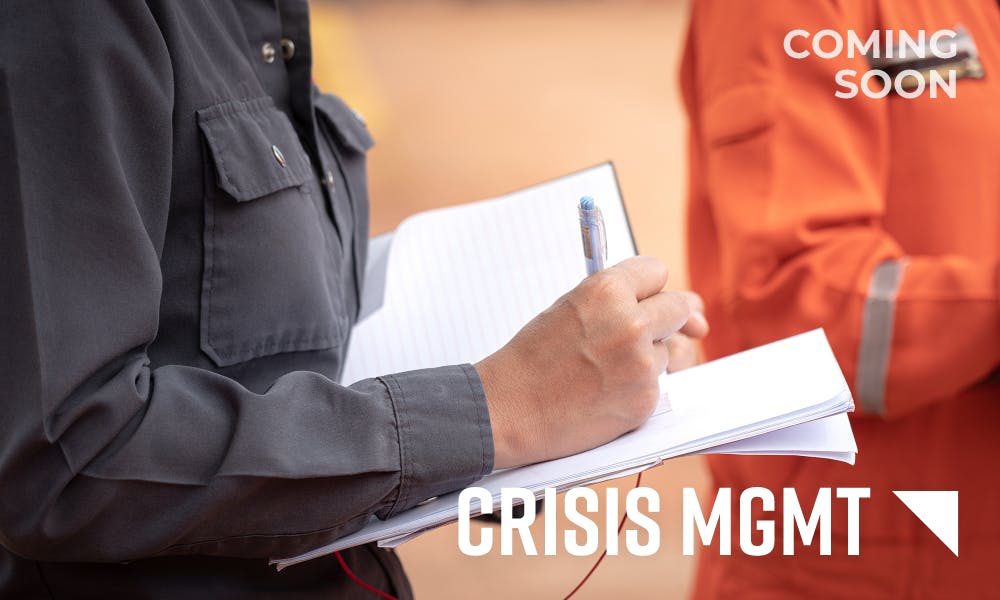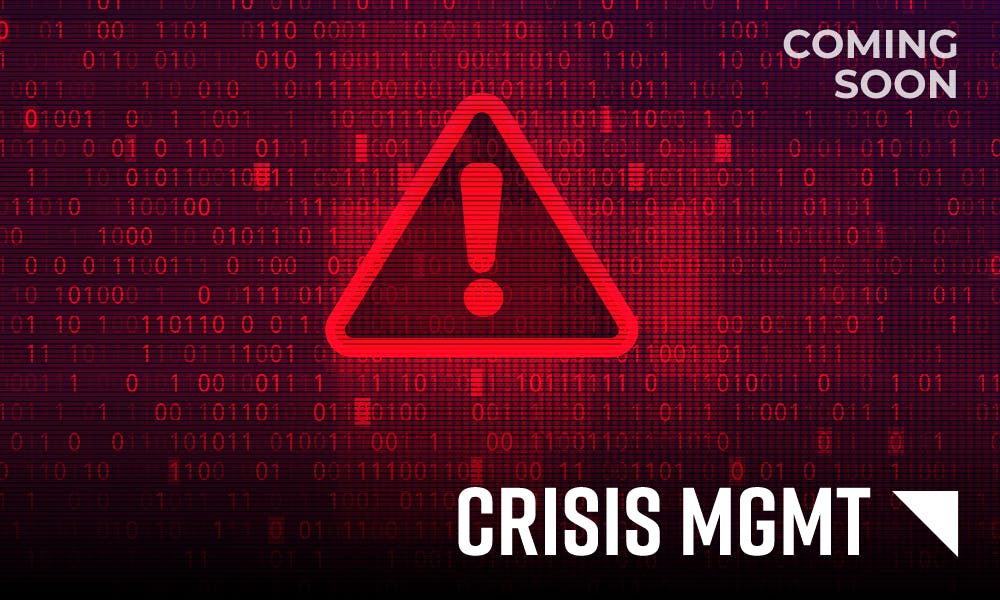Training Catalog
Suicide Prevention
Effectively identify and support individuals exhibiting suicidal behavior using the proven Ask, Care, Escort (ACE) model. All experiences are based on a methodology evaluated by a panel of suicide prevention experts.Learn more
97% recommend training
7X impacts across measures increased
205% increase in preparedness
![Relationship Crisis]() Relationship Crisis
Relationship CrisisDevelop a communication approach that encourages a peer to reveal their challenges and suicidal thoughts and direct them to the appropriate resources.
![Financial Crisis]() Financial Crisis
Financial CrisisPractice navigating a challenging conversation with someone in distress with effective processes that incorporate a safety and follow-up plan.
![Direct Report in Crisis]() Direct Report in Crisis
Direct Report in CrisisDevelop skills to connect with someone exhibiting performance-related shortfalls and direct them to appropriate resources.
![Spouse In Crisis]() Spouse In Crisis
Spouse In CrisisPractice with a fictional spouse to convince them to talk about their emotional struggles and guide them towards the resources available to help.
Sexual Assault Prevention & Response
Learn sexual assault reporting guidelines and practice proven communications skills to effectively support victims of sexual assault and intervene as a bystander to prevent sexual assault. Learn more
96% reported increased retention of key information
97% would recommend this training to their unit
7X chose “very engaging” responses compared to previous training
3X increase in "very prepared" responses
2.6X increase in "very confident" responses
![Restricted vs. Unrestricted]() Restricted vs. Unrestricted
Restricted vs. UnrestrictedPractice supporting a victim whose privacy concerns are a barrier to reporting an incident by showing empathy and directing her to the appropriate resources.
![Bystander Intervention]() Bystander Intervention
Bystander InterventionPractice the "3 D’s" of intervening in uncomfortable situations to prevent sexual harassment or assault: Direct, Delegate, and Distract.
![First Interview]() First Interview
First InterviewDevelop an understanding of the crisis intervention process and the appropriate referrals to support a victim who has reported a sexual assault.
![Navy Bystander Intervention]() Navy Bystander Intervention
Navy Bystander InterventionLearn to identify harmful behaviors, understand social barriers to intervention, and practice the "3 Ds" of supporting victims of sexual harassment and assault.

Foundational Skills
Set clear boundaries, handle conflicts with grace, and build healthier connections with immersive training that aligns with proven pedagogical methods.Learn more
![Basic Connections]() Basic Connections
Basic ConnectionsPractice staying open and maintaining positive relationships with your fellow soldiers.
![Effective Refusal Skills]() Effective Refusal Skills
Effective Refusal SkillsPractice effective refusal skills, an essential soldier skill to make you a better war fighter.
![Healthy Relationships]() Healthy Relationships
Healthy RelationshipsMaintain respectful communication during a conflict with a new romantic partner.
![Navigating Consent]() Navigating Consent
Navigating ConsentPractice navigating conversations about consent, an essential personal skill and an essential soldier skill.
![Setting Boundaries]() Setting Boundaries
Setting BoundariesPractice setting boundaries and managing romantic advances in social situations.
Corporate Leadership
Develop and apply the principles of leadership through interactive voice-driven workplace conversations. Practice persuasive communication, conflict resolution, and collaboration with teammates with different values and world views.Learn more
97% recommend learning
85% confidence score
57% reduction in anxiety
![Conflict Management]() Conflict Management
Conflict ManagementApply the principles of Emotional Intelligence to solve a conflict between two direct reports who are not getting along.
![Generational Conflict]() Generational Conflict
Generational ConflictLearn to embrace healthy conflict in an emotionally intelligent way to build strong relationships for your team by helping two members get along.
![Leadership in Times of Change]() Leadership in Times of Change
Leadership in Times of ChangePractice using Emotional Intelligence to communicate organizational change to employees on your team with empathy.
![Leading Through Digital Transformation]() Leading Through Digital Transformation
Leading Through Digital TransformationBuild awareness and a desire for change while mitigating concerns about an upcoming reorganization.
![Building Future Leaders]() Building Future Leaders
Building Future LeadersIn this experience, you will practice motivating a direct report who has concerns about a major change taking place at your company.
![Navigating Uncertainty]() Navigating Uncertainty
Navigating UncertaintyDevelop a positive attitude towards change by effectively managing emotions and addressing concerns of a longtime employee.
![Project Initiation]() Project Initiation
Project InitiationApply best practices on project initiation using verbal communication, planning, and leadership skills.
![Managing Stakeholder Expectations]() Managing Stakeholder Expectations
Managing Stakeholder ExpectationsDevelop communication skills to better manage project expectations for your team members.
![Giving Feedback]() Giving Feedback
Giving FeedbackPractice using emotional intelligence to deliver feedback to a team member in a direct but respectful way.
![Emergency Response]() Emergency Response
Emergency ResponseApply best practices for Emergency Response when faced with suspicious activity on your company's network.
![Incident Investigation]() Incident Investigation
Incident InvestigationPractice key steps and best practices for conducting effective incident investigations.
![Cyber Crisis Response]() Cyber Crisis Response
Cyber Crisis ResponseApply best practices for crisis management after one of your clients has a data breach.
![Persuasion for Retention]() Persuasion for Retention
Persuasion for RetentionPractice a key leadership skill: persuasion in the workplace.
![Change in an AI Revolution]() Change in an AI Revolution
Change in an AI RevolutionPractice using Emotional Intelligence to communicate how bringing artificial intelligence into the workplace will impact a key employee.
Conversations in Healthcare
Address the unique challenges faced by healthcare providers by practicing real-life conversations in a healthcare setting.Learn more
![When Treatment Stops Working]() When Treatment Stops Working
When Treatment Stops WorkingPractice having a serious-illness conversation where you must employ empathy to arrive at patient-centered decisions about their care.
![Advance Care Planning]() Advance Care Planning
Advance Care PlanningGuide a patient through Advance Care Planning, honoring her end-of-life decisions while showing compassion.
![Recommending Comfort Care]() Recommending Comfort Care
Recommending Comfort CareNavigate end-of-life decisions with a patient admitted to the ICU while showing empathy.
![Nurse-to-Nurse Conflict]() Nurse-to-Nurse Conflict
Nurse-to-Nurse ConflictPractice DESC-guided emotional intelligence skills to resolve your incivility conflict with a fellow nurse.
![Doctor-to-Nurse Conflict]() Doctor-to-Nurse Conflict
Doctor-to-Nurse ConflictPractice using DESC-guided emotional intelligence to react to a physician's verbal affront in order to build a functioning work relationship.
![Conflict with a Patient]() Conflict with a Patient
Conflict with a PatientPractice DESC-guided service recovery skills to resolve an incivility conflict with a patient.

Language Immersion Training
Practice French language skills in a variety of difficult conversations with partners in Africa. Learn to build and maintain rapport, manage difficult situations, and deescalate conflict while honing French comprehension and vocabulary.Learn more
86% recommend training
83% confidence score
![Leadership Engagement - French]() Leadership Engagement - French
Leadership Engagement - FrenchPractice building and maintaining rapport in French during an introductory meeting with a critical overseas partner in West Africa.
![Leadership Negotiation - French]() Leadership Negotiation - French
Leadership Negotiation - FrenchPractice building and maintaining rapport in the French language during an introductory meeting with a critical overseas partner in North Africa.
![Checkpoint Negotiation - French]() Checkpoint Negotiation - French
Checkpoint Negotiation - FrenchMaintain composure and de-escalate conflict in French during an emotionally charged encounter with police in rural Africa.
![KLE De-Escalating Conflict - French - Africa]() KLE De-Escalating Conflict - French - Africa
KLE De-Escalating Conflict - French - AfricaUse French language and communication skills to repair damaged rapport and strive for compromise with a key overseas partner in Africa.

Psychological Safety
Create a work environment where individuals feel safe to take risks and express their ideas without fear of negative consequences. Foster emotional intelligence, empathetic communication, and open-mindedness to build trust and support among team members.Learn more
Mental Wellness
Reinforce healthy habits using self-care, stress management, and burnout prevention strategies. Learn more
![Checking In on Signs of Distress]() Checking In on Signs of Distress
Checking In on Signs of DistressPractice having a supportive conversation with a direct report who is struggling with their mental health.
![Asking for Help at Work]() Asking for Help at Work
Asking for Help at WorkGive employees the tools they need to reach out for support in the workplace.
![Self-Care and Stress Management]() Self-Care and Stress Management
Self-Care and Stress ManagementIdentify strategies for self-care, learn how to manage stress in healthy ways, and understand the importance of self-care in promoting mental wellness.
![Early Signs of Burnout]() Early Signs of Burnout
Early Signs of BurnoutPrevent and address signs of burnout in individuals and organizations. Build resilience to common stressors and organize strategies for promoting well-being.
![Mental Health Stigma]() Mental Health Stigma
Mental Health StigmaIdentify the impact of mental health stigma, learn how to reduce negative consequences, and understand the role of language in perpetuating stigma.

- MOTH+FLAME, INC
34 E 23RD STREET 3RD FLOOR
NEW YORK NY 10010 - contact@mothandflamevr.com

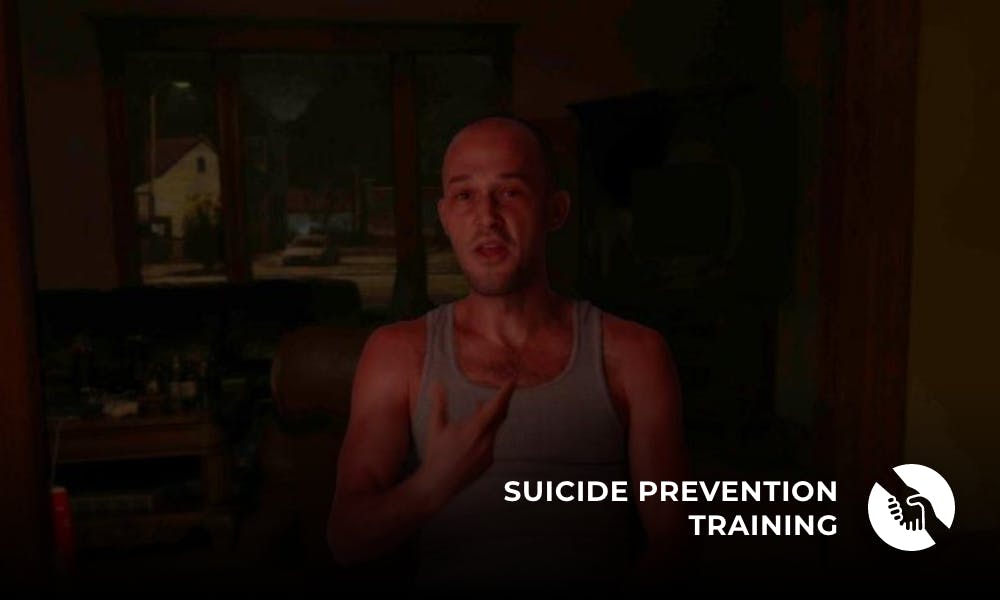


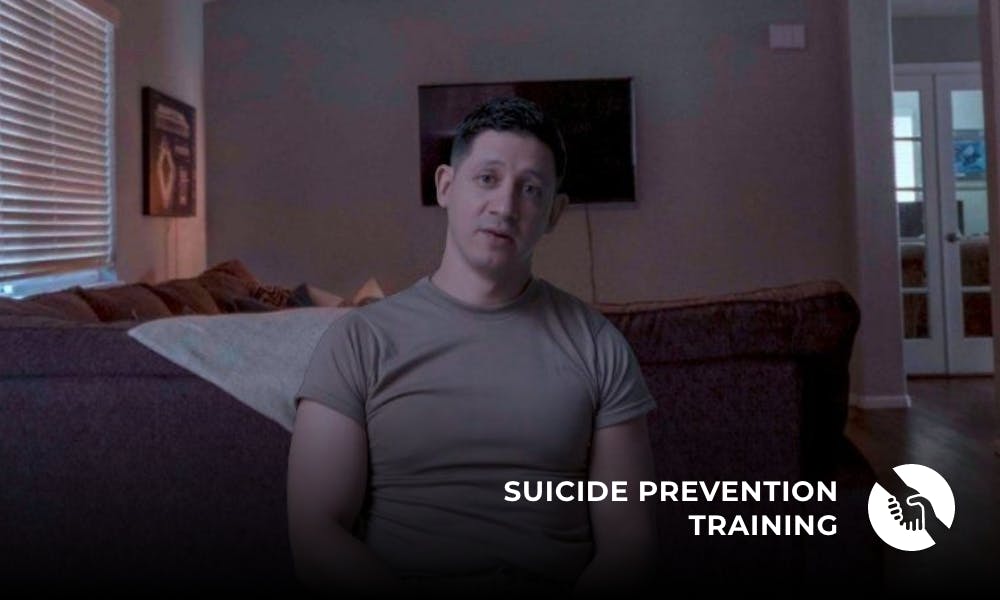
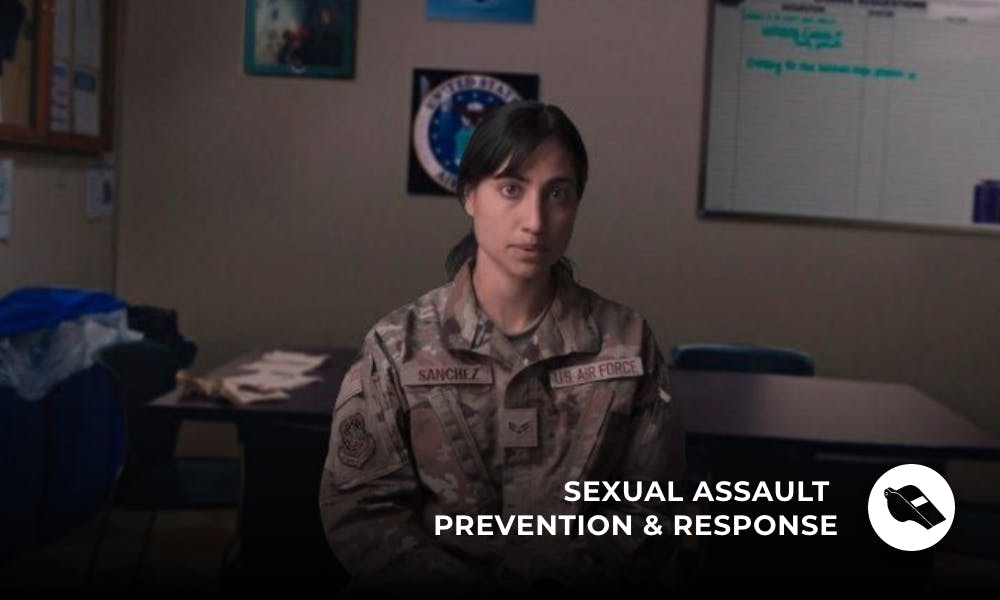


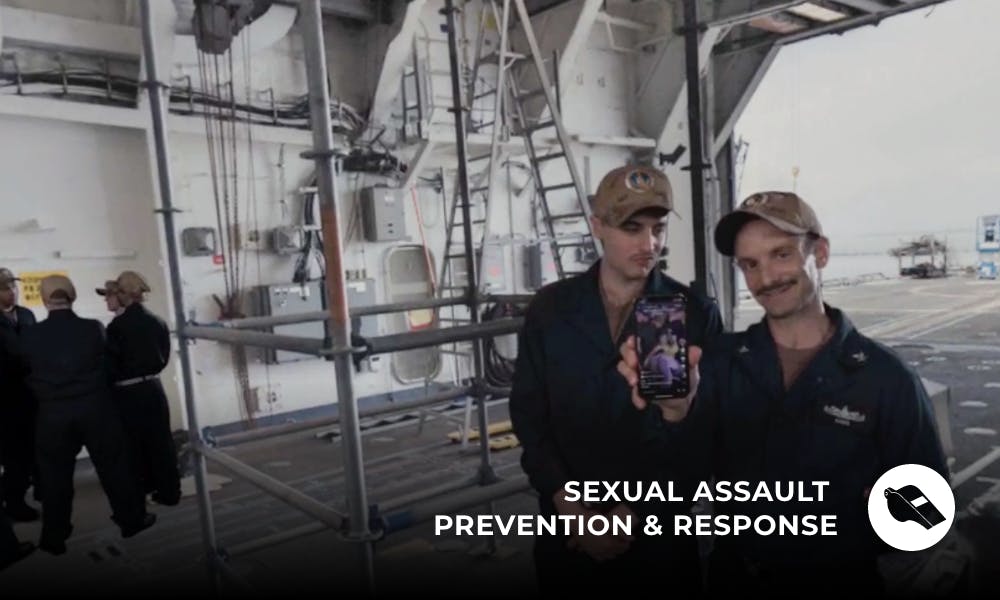





.jpg?ixlib=gatsbyFP&auto=compress%2Cformat&fit=max&w=1000&h=600)
.jpg?ixlib=gatsbyFP&auto=compress%2Cformat&fit=max&w=1000&h=600)
.jpg?ixlib=gatsbyFP&auto=compress%2Cformat&fit=max&w=1000&h=600)







